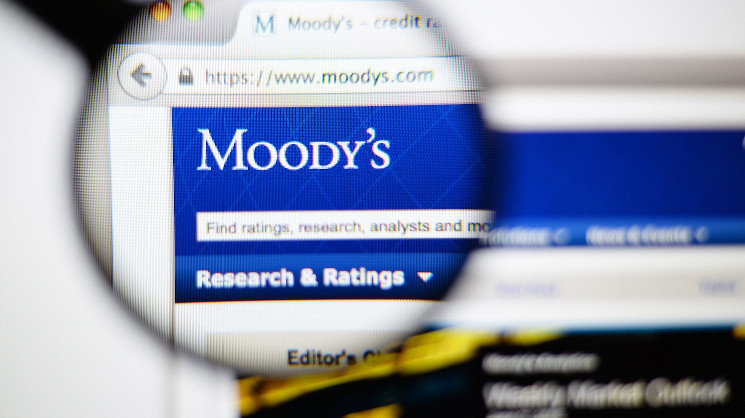The development of blockchain-powered secondary markets can help improve the adoption of tokenization in traditional markets, a new report by Moody’s says.
Although there is a lack of these secondary markets, analysts are noting growth.
Blockchain-powered secondary markets can help expand the reach of tokenized assets, analysts at Moody’s Investors Service said in a report published Thursday.
Tokenization is the representation of real-world assets on a blockchain, and financial institutions worldwide are exploring how it can improve the efficiency, cost and reach of financial markets. For example, tokenization allows large assets such as private equity or real estate to be broken down and represented by multiple tokens, opening the market to a wider range of investors, a previous report from the ratings company said.
While financial institutions and governments have started dabbling in the issuance of tokenized assets – such as Hong Kong’s $100 million green bond last year – there is a lack of secondary markets where they can be traded after the primary offering, the Moody’s analysts note.
This limits the adoption of tokenization, the new report said, adding that there is a noticeable growth in blockchain-powered secondary markets.
Blockchain and tokenization bring “significant innovations to secondary market structures,” and developing secondary markets for blockchain-based securities could improve liquidity management, enhance market data accessibility and facilitate instantaneous settlements, the report said.
“These blockchain-powered secondary markets address several perceived drawbacks of traditional secondary markets, including limited accessibility of certain asset classes, inefficiencies in settlement processes, and high operational costs,” the report said.
Though these blockchain markets promise innovation, the report warns that there are also technological and regulatory hurdles.
“The technology underpinning these markets, primarily smart contracts, is susceptible to risks such as bugs, rug pulls, price manipulations, and oracle failures. These vulnerabilities not only pose financial risks to participants but also hinder the broader acceptance and integration of [decentralized finance],” the report said.

